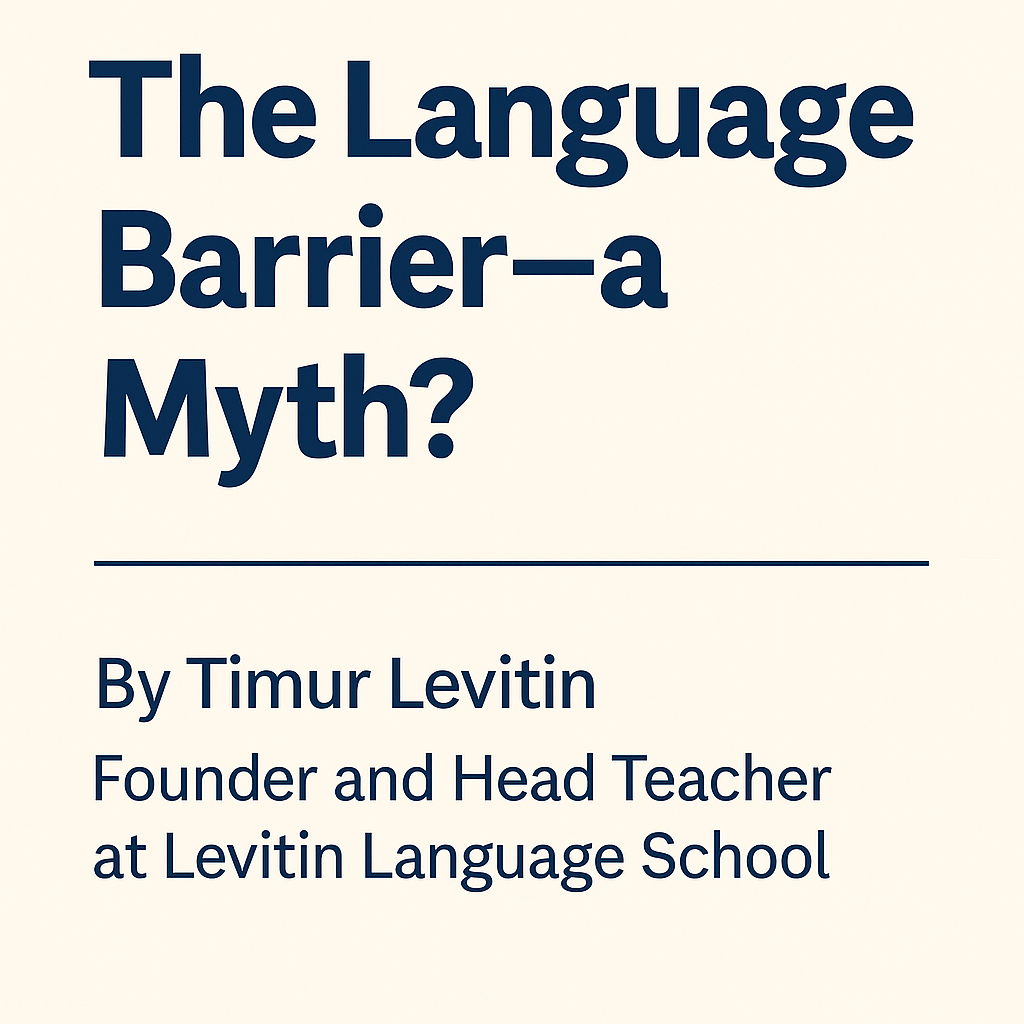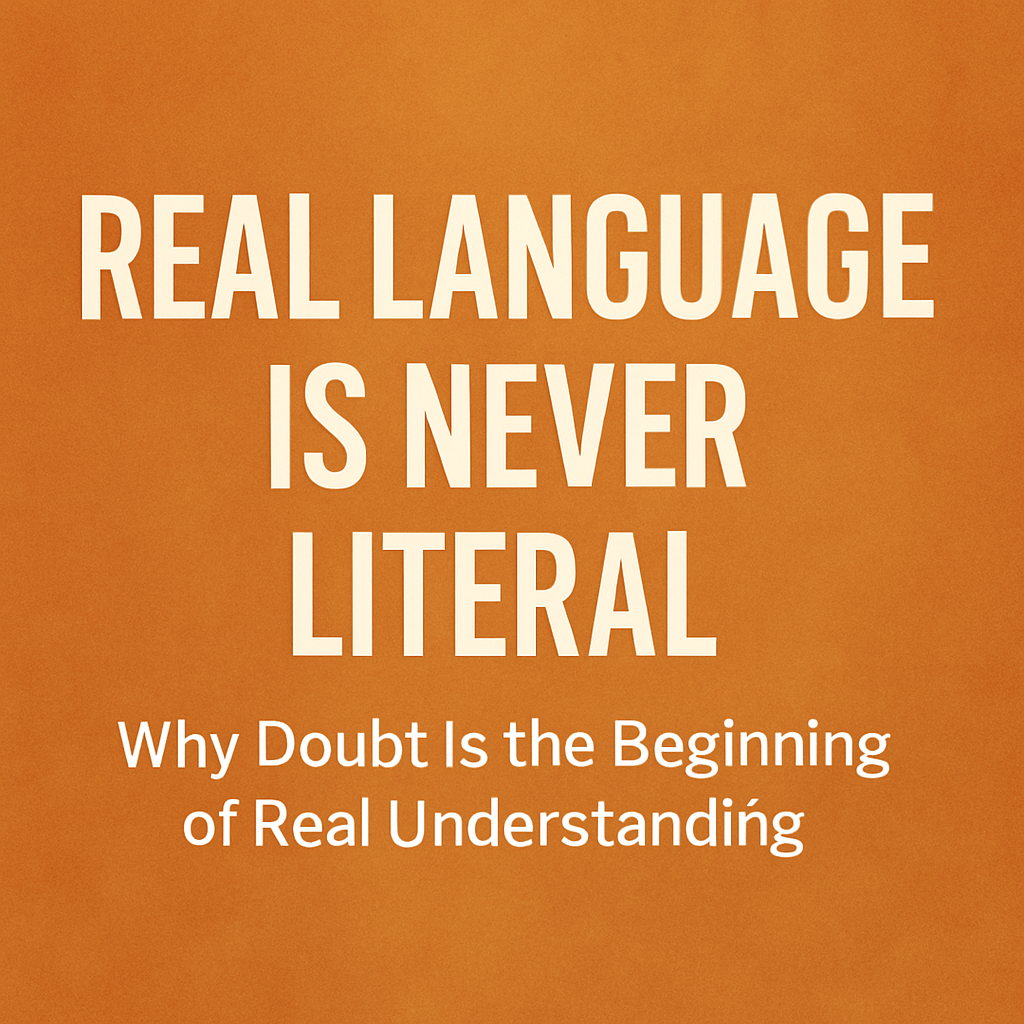Author: Tymur Levitin, founder of Levitin Language School / Start Language School by Tymur Levitin
Choose your language: https://levitinlanguageschool.com/#languages
The soul of a character lives in the language
When a student asks me why learning English or German matters so much, I often tell them: Because literature doesn’t lie. Real novels reveal how a person thinks. But what happens when the reader doesn’t speak the language of the author? Then, the translator becomes the mind behind the meaning.
In my university years, I wrote a linguistic study comparing the translations of works by Erich Maria Remarque and J.D. Salinger. These two authors are not just giants of their time—they’re emotional opposites. Salinger is reserved, intimate, fragile. Remarque is sharp, direct, sometimes brutal. And yet, both require surgical precision to render their meaning truthfully.
Not just grammar: it’s emotional identity
Let’s take Remarque’s sharp German prose. Translators often soften it when bringing it into Russian or Ukrainian, making it sound more noble or lyrical than it should. In doing so, they erase the pain, the rebellion, the bitterness of the original tone. For instance, a sentence full of short, cutting words becomes inflated with conjunctions and polite constructions. It no longer punches—it floats.
Salinger, on the other hand, hides emotional truth behind casual slang. His characters mumble, hesitate, joke awkwardly. A translator who “tidies up” the dialogue removes the very soul of the story. Holden Caulfield isn’t eloquent. He’s raw. And the rawness is the meaning.
Why this matters for students
If you’re learning English or German, this is your goldmine. When we teach you how to express yourself in another language, we’re not training robots to pass a test. We’re helping you think in new emotional frameworks. Whether you love literature or not, the principle stands: every sentence is a choice. And that choice tells the world who you are.
One translator, many truths
Even in professional translation, the same sentence can be rendered multiple ways. But one version will resonate, while the other will mislead. It’s the same in language learning. There’s no single “correct” way to speak. But there is an authentic way. That’s what we teach.
If you want to learn German or English not just to survive, but to express something real — let’s talk. That’s exactly what we do. And that’s why most of our teachers, including myself, are not only educators, but experienced translators and linguists.
Related articles:
Learn more:
- English Courses at Levitin Language School
- German Courses at Levitin Language School
- English on our U.S. site
- German on our U.S. site
📌 Teacher Profile: Tymur Levitin — English & German Teacher
📚 Category: Author’s Column — Tymur Levitin on Language, Culture & Meaning
🎓 Author’s note: Based on a real university thesis authored by Tymur Levitin. This article is part of a series aimed at students who seek more than memorized phrases — who want to understand and feel language.
© Tymur Levitin
























